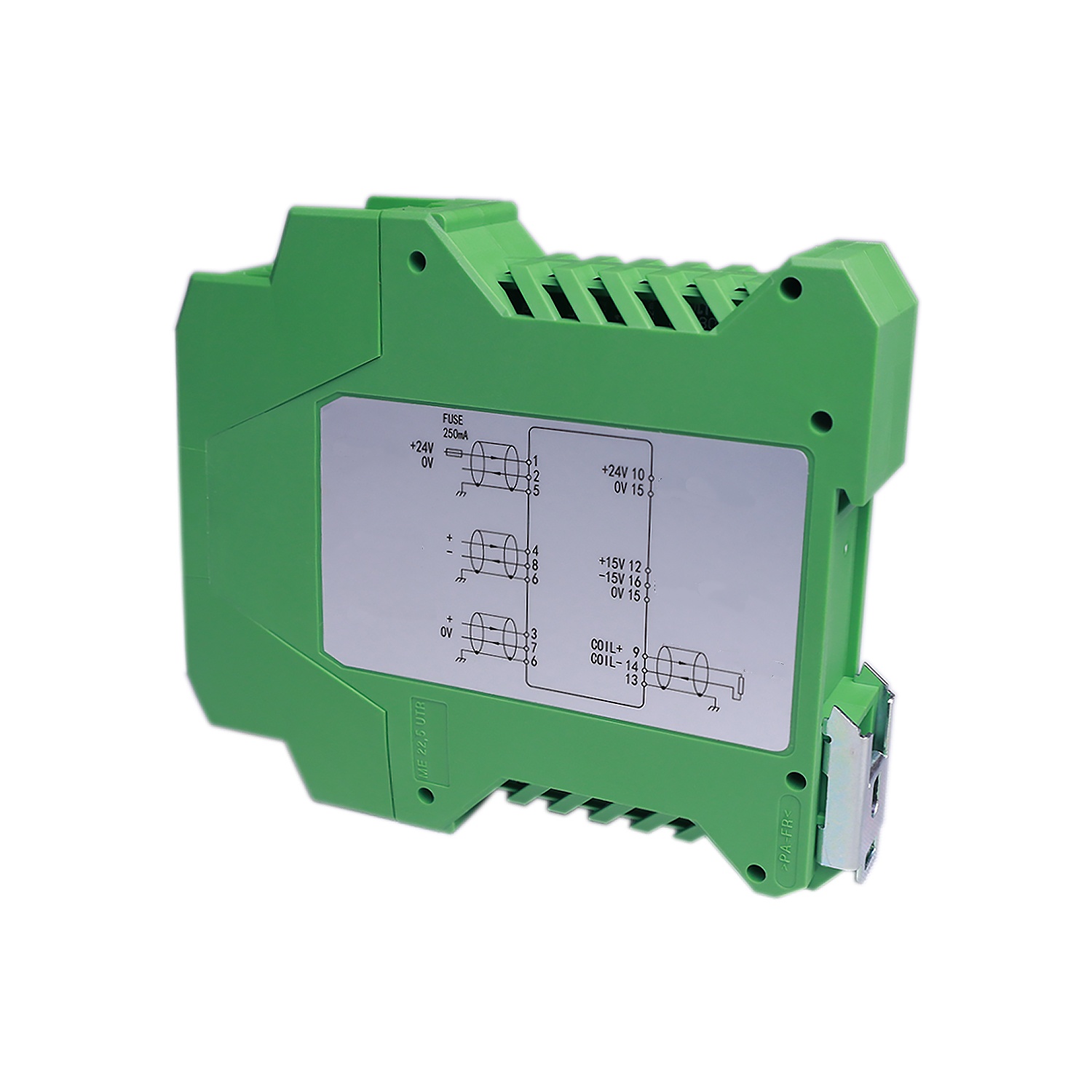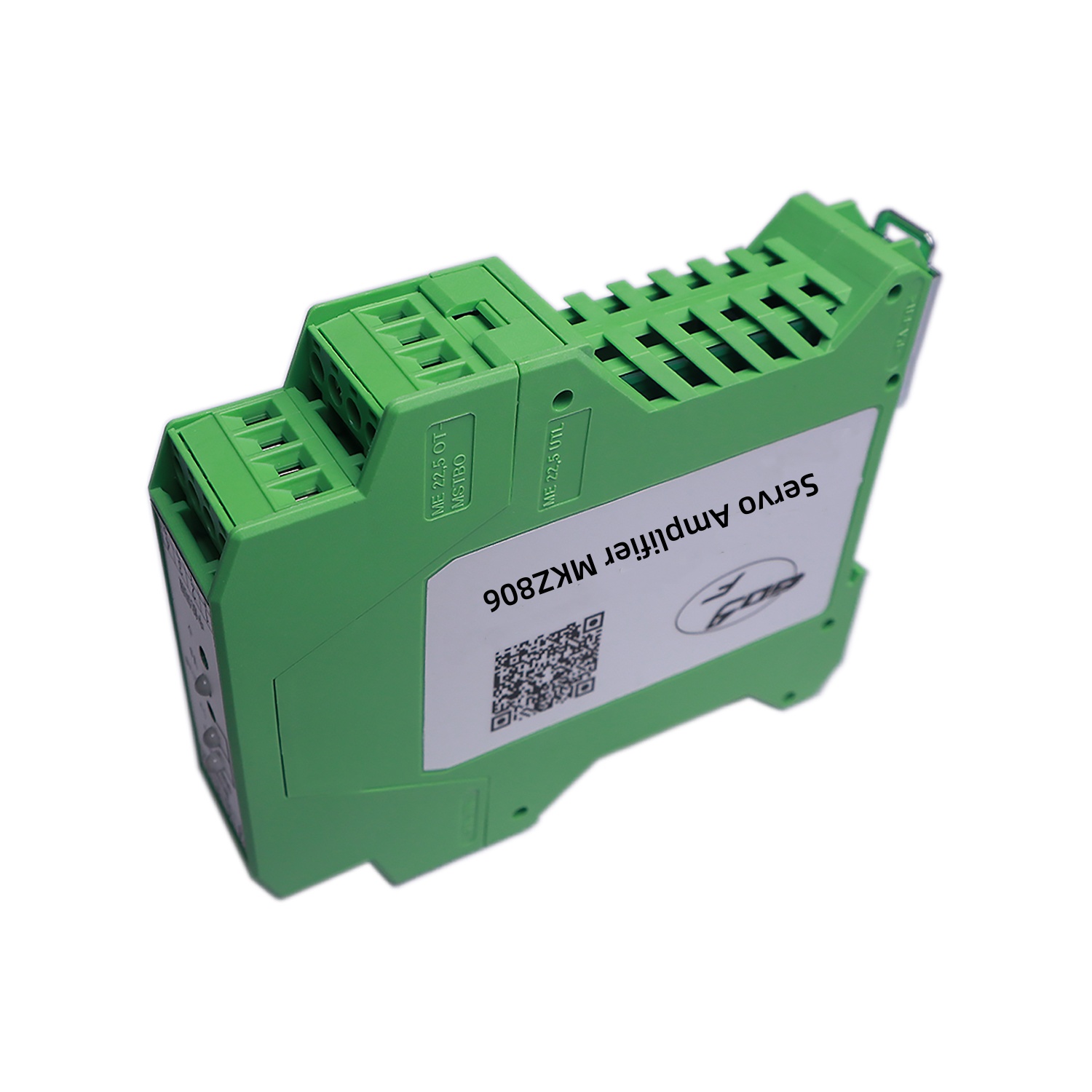

1、 Working principle of servo amplifier
Servo amplifier is an important component of electro-hydraulic servo control system, which mainly converts control signals into corresponding current or voltage outputs to control hydraulic actuators to complete the required actions. Its working principle is to ensure the consistency between the output signal and the control signal through the feedback mechanism in the circuit, thereby achieving precise control.
2、 Characteristics of servo amplifier
Servo amplifiers have the characteristics of high accuracy, fast response, and good stability, which can achieve precise position, speed, and force control. In addition, servo amplifiers also have various protection functions, such as overload protection, overheating protection, etc., which can effectively protect the safe and stable operation of equipment.
3、 Key points for selecting servo amplifiers
When selecting a servo amplifier, multiple factors need to be considered, such as load characteristics, control requirements, environmental conditions, etc. Among them, load characteristics are one of the most important considerations, and it is necessary to choose a suitable servo amplifier based on the type of load, the dynamic response characteristics of the load, etc. In addition, control requirements such as position accuracy, speed response, and environmental conditions such as temperature and humidity also need to be considered.
4、 Conclusion
Servo amplifier is an indispensable component of electro-hydraulic servo control system, and its working principle, characteristics, and selection points need to be carefully considered. Only by selecting the appropriate servo amplifier can the stability and accuracy of the system be ensured, thereby achieving efficient control.

